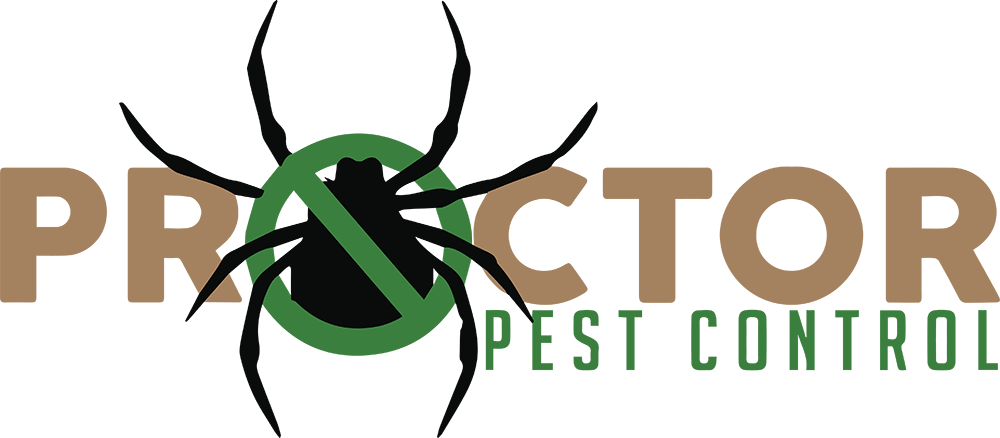
15 Jul Summer Pest Invasion: Understanding and Combatting Seasonal Pest Patterns
As the temperatures rise and summer approaches, so does the potential for a pest invasion in your home and garden. Understanding the seasonal patterns of common pests and knowing how to combat them can help you maintain a pest-free environment throughout the warmer months. Here’s a comprehensive guide to help you navigate and mitigate the impact of summer pests:
1. Common Summer Pests:
During the summer months, certain pests become more active and prevalent. These may include:
– Mosquitoes: Known for their itchy bites and potential to transmit diseases like West Nile virus and Zika virus.
– Ants: Particularly sugar ants and carpenter ants, seeking food and moisture indoors.
– Flies: Including house flies and fruit flies attracted to food and organic waste.
– Wasps and Bees: Nest-building insects that can pose stinging threats, especially during outdoor activities.
– Ticks: Found in wooded and grassy areas, potentially transmitting Lyme disease and other tick-borne illnesses.
2. Factors Contributing to Pest Activity:
Understanding what attracts pests can help you prevent infestations. Factors contributing to summer pest activity include:
– Warmth and Humidity: Pests thrive in warm, humid conditions, making summer an ideal breeding season.
– Food Sources: Leftover food, crumbs, and open garbage attract ants, flies, and other pests.
– Standing Water: Mosquitoes breed in stagnant water sources such as birdbaths, clogged gutters, and flower pots.
– Vegetation and Clutter: Overgrown vegetation and clutter provide hiding spots and nesting areas for pests.
3. Effective Pest Prevention Strategies:
a. Indoor Strategies:
– Seal Cracks and Gaps: Inspect and seal cracks around doors, windows, and utility entry points to prevent pests from entering your home.
– Store Food Properly: Keep food in sealed containers and clean up spills promptly to avoid attracting ants and flies.
– Dispose of Garbage Properly: Use trash cans with secure lids and empty them regularly to prevent odors that attract pests.
– Reduce Moisture: Repair leaky faucets, fix plumbing issues, and use dehumidifiers to reduce moisture levels that attract pests.
b. Outdoor Strategies:
– Remove Standing Water: Empty and clean out birdbaths, flower pots, and gutters regularly to eliminate mosquito breeding grounds.
– Trim Vegetation: Keep grass, shrubs, and trees trimmed to reduce hiding places for pests and prevent them from accessing your home.
– Use Pest-Resistant Plants: Choose plants like lavender, marigolds, and citronella that naturally repel insects.
– Install Screens: Use window and door screens in good condition to keep insects out while allowing ventilation.
4. Integrated Pest Management (IPM):
Consider implementing Integrated Pest Management (IPM) practices, which combine prevention, monitoring, and control methods to effectively manage pests with minimal impact on human health and the environment. This approach emphasizes:
– Monitoring: Regularly inspecting your property for signs of pest activity.
– Prevention: Implementing proactive measures to reduce pest access to food, water, and shelter.
– Control: Using targeted treatments such as traps, baits, and insecticides when necessary, focusing on the least toxic methods first.
5. When to Seek Professional Help:
If you encounter a persistent pest problem that DIY methods cannot resolve, consider consulting with a licensed pest control professional. They can provide expert advice, identify the source of the infestation, and recommend safe and effective treatments tailored to your specific situation.
6. Educating Yourself and Others
Share your knowledge about seasonal pest patterns and prevention strategies with family, friends, and neighbors. Collective efforts can help create a pest-resistant community and minimize the impact of summer pests on everyone’s enjoyment of the season.
By understanding the seasonal behaviors of pests and implementing proactive prevention strategies, you can effectively combat summer pest invasions and maintain a healthy, pest-free environment for you and your loved ones. Stay informed, stay vigilant, and enjoy a pest-free summer!



